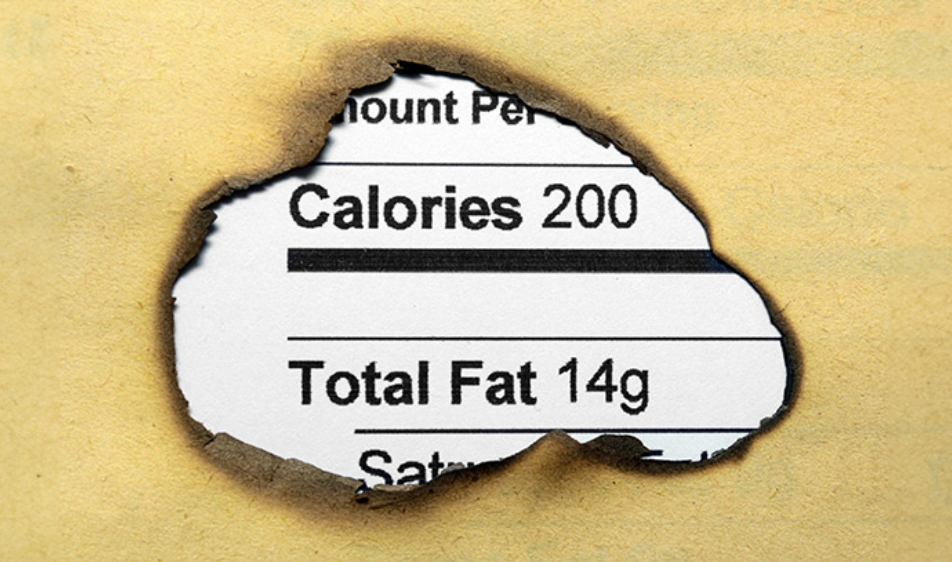Counting calories for a fat-loss diet might seem like a logical approach, but it’s akin to relying on hogwash and poppycock. This practice is wrought with inaccuracies, and there’s more to it than meets the eye. The whole idea hinges on determining energy absorption, typically based on archaic studies from the 1970s, performed amidst a backdrop of tunes from that era.
The methodology behind calorie counts involves burning food in a “bomb calorimeter,” a contraption akin to a stripped-down Instant Pot or a futuristic brain storage device. However, while this device accurately measures the heat released, our digestive system isn’t akin to a bomb calorimeter. Human digestion is complex and multi-factorial, rendering the calorie counts determined by this method questionable.
A critical Dutch study, involving tracking food intake and meticulously measuring excretions, found that humans absorb fewer calories than initially assumed. Contrary to the long-held belief of 95% calorie absorption, the actual rate appears closer to 90%, even less in women. These findings question the accuracy of decades-old dietary and calorie studies.
Furthermore, biological factors, like intestinal length and digestive mechanisms, potentially influence caloric absorption. Variations in intestinal length among different nationalities or ethnicities could exist, impacting nutrient absorption. Additionally, digestion sites and the degree of food processing profoundly affect energy assimilation.
Certain foods, like nuts and legumes, possess cell structures resistant to digestion, resulting in lower caloric absorption than indicated on labels. Moreover, cooking methods significantly impact caloric values. For instance, raw and cooked sweet potatoes differ in terms of calories absorbed, highlighting the inconsistencies in calorie counting.
Even the widely accepted 3500-calorie rule for losing a pound of fat has come under scrutiny. Research suggests that the actual figure might be closer to 7000 calories due to metabolic adaptations and a non-linear weight loss pattern.
Given these inaccuracies and complexities, counting calories becomes an imprecise science. Instead, focusing on portion control, avoiding processed foods, and paying attention to food choices remain more effective strategies for fat loss than fixating on calorie counts.

